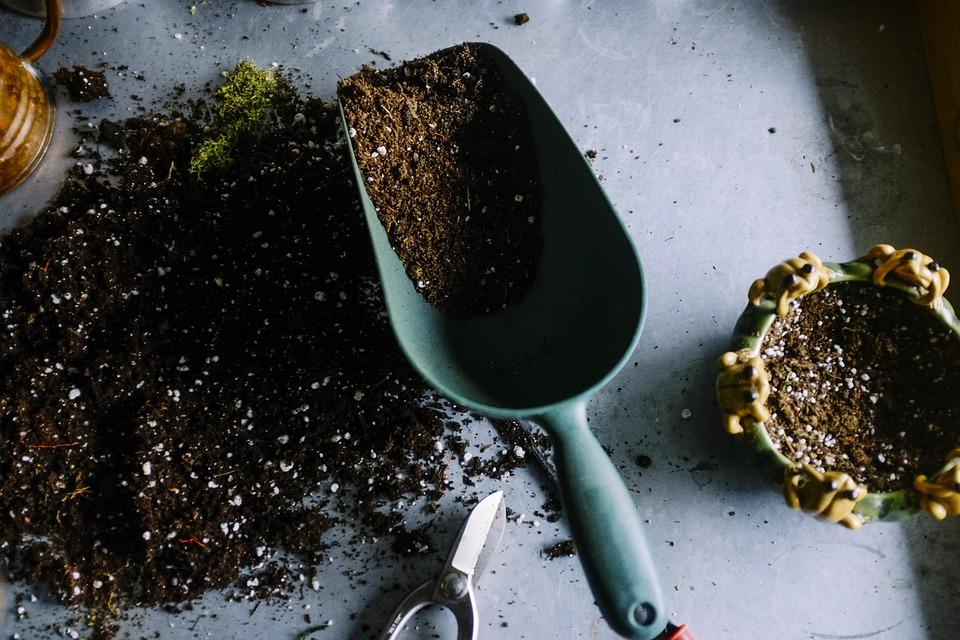Can Dump Coffee Grounds Down the Sink? - Understanding Potential Issues
Can Dump Coffee Grounds Down the Sink? - Understanding Potential Issues
Blog Article
Right here below yow will discover some quality points about What are the consequences of putting coffee grounds.

If you're an avid coffee enthusiast, you may be questioning the best means to deal with your coffee premises. While it might seem practical to clean them down the sink, this method can cause numerous concerns for both your plumbing and the environment. In this short article, we'll discover whether it's risk-free to put coffee grounds down the sink and discuss alternative disposal approaches to consider.
Dangers of Putting Coffee Grounds Down the Sink
Plumbing Issues
Among the main worry about taking care of coffee grounds down the sink is the risk of blocking your pipelines. Coffee grounds don't liquify in water and can gather gradually, developing a dense sludge that can obstruct drains pipes and cause costly plumbing repairs.
Ecological Impact
Beyond the potential damages to your plumbing, putting coffee premises down the sink can also damage the atmosphere. When washed right into the sewage system, coffee premises can contribute to obstructions in sewer lines and therapy centers. Furthermore, the high focus of organic matter in coffee premises can deplete oxygen levels in rivers, adversely impacting marine life.
Alternatives to Disposing of Coffee Grounds
Composting
One environmentally friendly alternative for dealing with coffee premises is to compost them. Coffee premises are rich in nitrogen, making them an exceptional enhancement to compost heap or containers. As they decompose, they add nutrients to the dirt, boosting its fertility and appearance.
Garbage Disposal
If you do not have a composting setup, another option is to simply throw your coffee grounds in the trash. Be sure to seal them in a compostable bag or container to prevent smells and leak. While this approach doesn't provide the same environmental benefits as composting, it's a safe and convenient method to take care of coffee grounds.
Tips for Proper Disposal
Make Use Of a Sink Strainer
To stop coffee premises from entering your sink's drainpipe in the first place, consider making use of a sink strainer. These affordable devices catch solid bits, including coffee premises, avoiding them from creating obstructions.
Normal Maintenance
No matter just how you select to deal with your coffee premises, it's important to keep your plumbing on a regular basis. Schedule regular drain cleanings to get rid of any accumulation and make certain that your pipes stay clear and free-flowing.
Verdict
While it might be tempting to wash coffee premises down the sink for ease, doing so can have serious consequences for your plumbing and the atmosphere. Rather, take into consideration composting your coffee premises or dealing with them in the trash. By embracing accountable disposal methods, you can enjoy your coffee guilt-free while reducing your environmental footprint.
Coffee Grounds Down The Drain: Are They OK?
Can Coffee Grounds Go Down the Sink?
You may be thinking, “But I pour them down the sink drain every day and I’ve never had a clogged drain!” You see, coffee grounds come from coffee beans, which are virtually rock hard by the time they’re ground and brewed. You certainly wouldn’t want to grind up the pit from a peach, apricot, or nectarine that is about just as hard because they wouldn’t break down like other foods, and it’s the same with coffee beans!
If you usually grind coffee beans in the garbage disposal because it seems the cleanest and convenient, we don’t fault you for that. And anyone who has ever had to clean up the trash with spilled coffee grounds after a dog got into it would understand the rationale. Unfortunately, coffee grounds do not break down in water, so instead of grinding up and washing away as normal foods do in a garbage disposal, they clump together and as time goes by, the grounds can form a clump and pack the drain until it develops a clog.
What to Do With Coffee Grounds
So, what do you do with coffee grounds if you can't put them down the drain? You could of course just throw them in the garbage, but we encourage you to give these practical uses for them a try!
Since coffee grounds contain key minerals for plant growth, you can use them to fertilize your garden. Coffee grounds not only fertilize gardens because they are mineral-rich, but they are also great at absorbing contaminants in the soil, particularly heavy metals. Coffee grounds are said to attract worms, which help gardens flourish. You can use coffee grounds as fertilizer by sprinkling them around your plants. You can compost your coffee grounds and use them at a later time. Coffee grounds are great insect repellents when you place them in bowls or sprinkle them around the areas you want to repel insects. To remove fleas from your dog or cat, simply shampoo your pet then rub coffee grounds throughout their fur. Rinse them off and dry as usual. Like baking soda, used coffee grounds can eliminate odors. You can place them in a bowl in the fridge and let them do the work! Mix coffee grounds with coconut oil for a wonderful face or body scrub, or to reduce the appearance of cellulite. https://www.wintershomeservices.com/blog/2019/august/coffee-grounds-down-the-drain-are-they-ok-/

Do you enjoy more info about Is it safe to dispose of coffee grounds down the sink?? Create a short review further down. We would be delighted to listen to your suggestions about this write up. We hope that you visit us again before long. I beg you set aside a second to distribute this post if you liked it. I take joy in reading our article about Should You Put Coffee Grounds Down the Sink?.
Need Help? Hire Us Now! Report this page